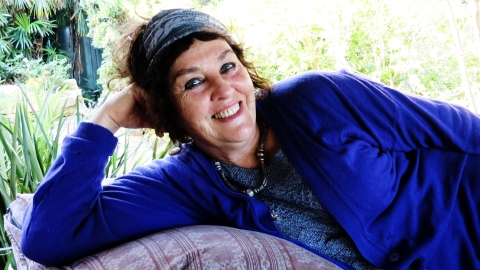Said | Egypt | Asylum Seeker
“I feel like I can give this country a lot… I can give, but I have nothing to do.”
For more than a decade in Egypt and Malaysia, Said worked as a dentist. But here, he cannot practise. He must first pass the Australian Dental Council Exams, which have been postponed for a year.
He does two days a week as a dental assistant, struggling to feed his family of six. No one else will employ him.
His weatherboard house in southwest Sydney is strewn with old toys and dentistry textbooks and hand-me-down clothes. The wall paint is peeling and falls onto the carpet like small clumps of dandruff. There are crayon marks on the tea-table and the moth-bitten blinds.
Said’s wife is stirring a thin vegetable stew. She smiles at him sadly; they talk in Arabic and laugh. He plucks a pickled gherkin from a jar, and chews it slowly. The clock ticks.
Said picks up his son and presses the little boy’s head against his chest, kissing his curls. His eyes are vacant, his words forlorn.
“When this all will end?” he says. “It’s like a nightmare.” The silence hangs for several seconds.
“I’m begging here, you know? I’m a beggar… That’s it.”







